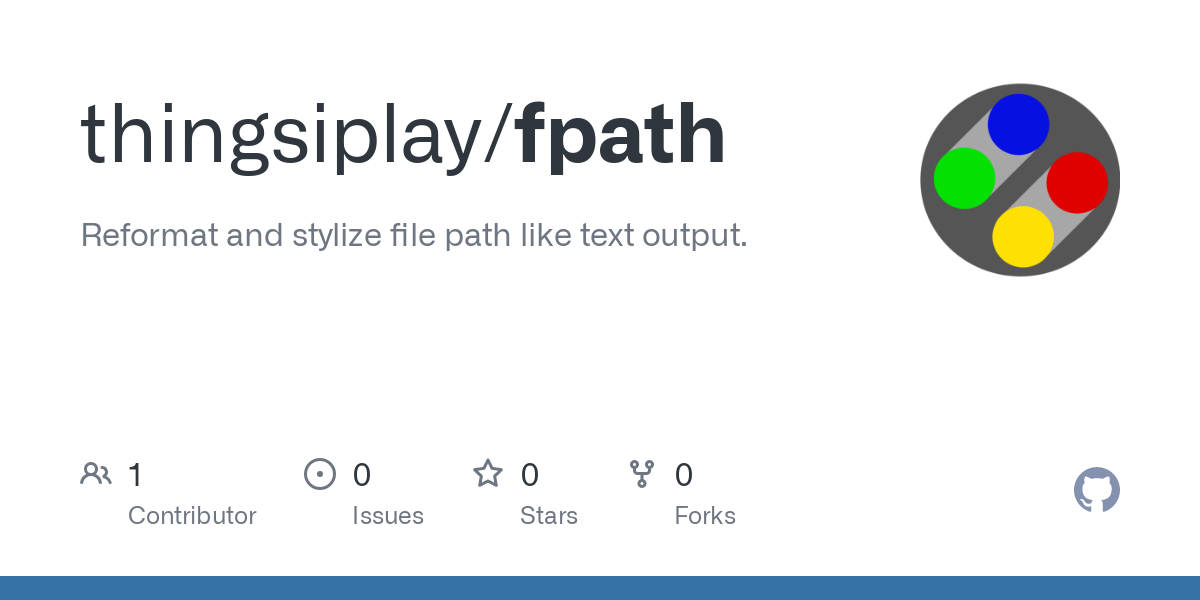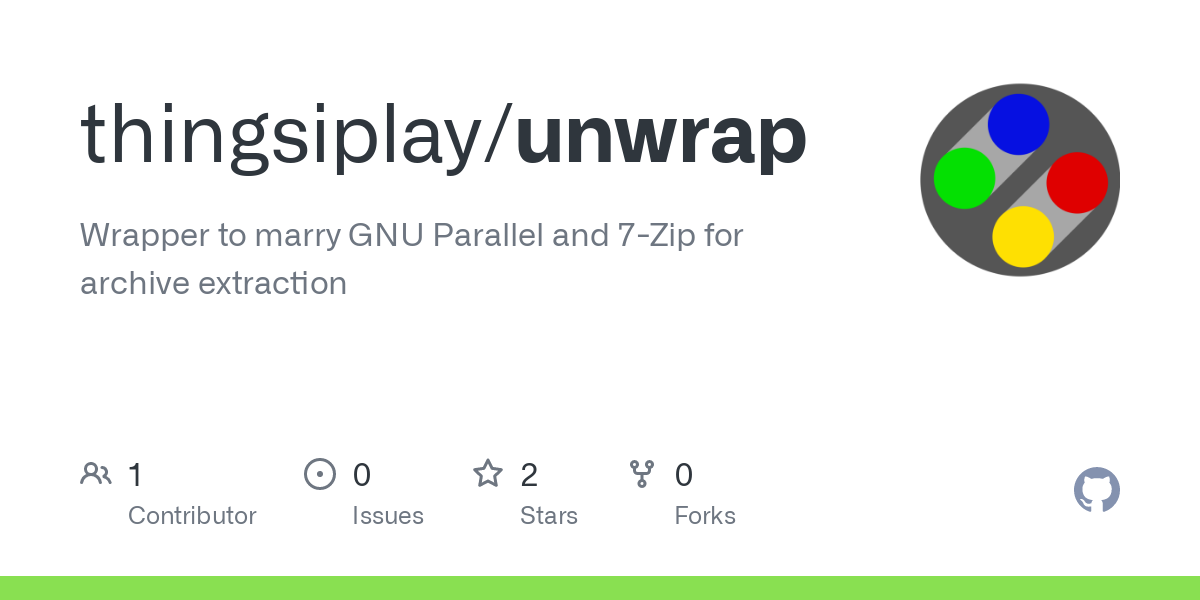

There’s no such thing as a language that’s advantages outweigh the security risks of rushed development to convert decades of tested code.
Who said or suggested that anyway? Other than bringing this up now. Who says to convert decades of tested code to rushed code of new language?? Do people read the stuff before they reply?





Thanks, lol. I hope they realize soon that Rust is not forced to be used. Also the US government didn’t even talk about Rust only, but memory safe languages and listed Rust as an example.